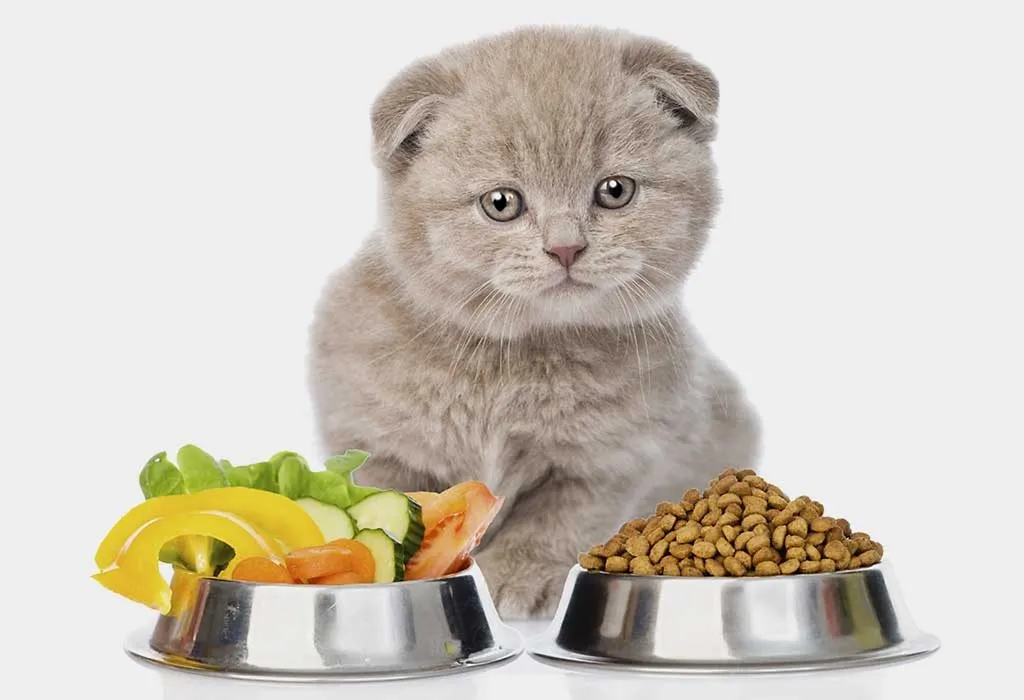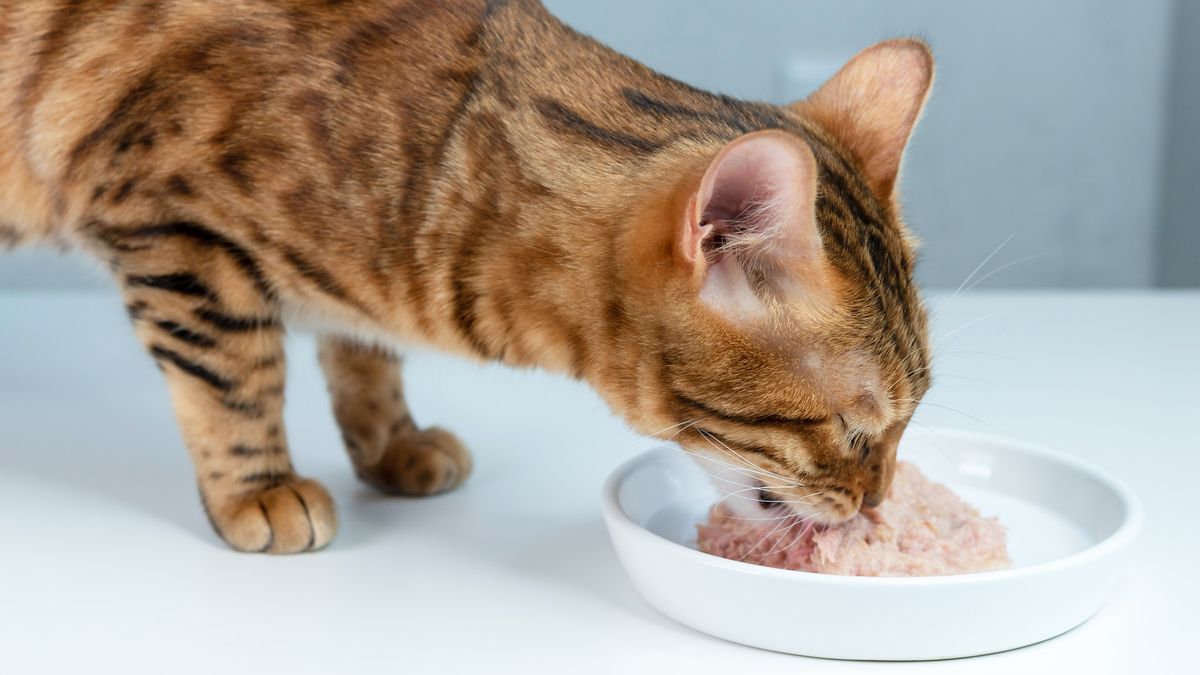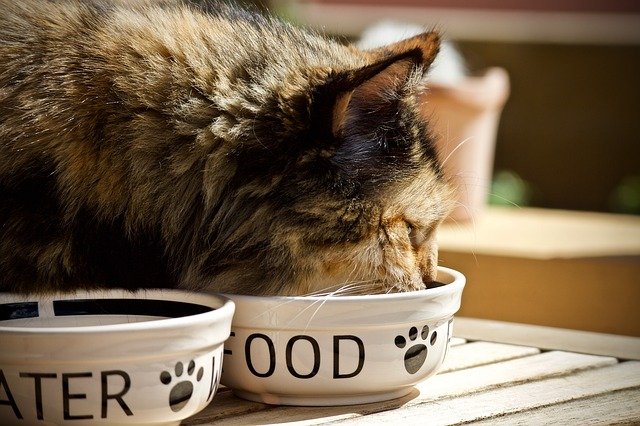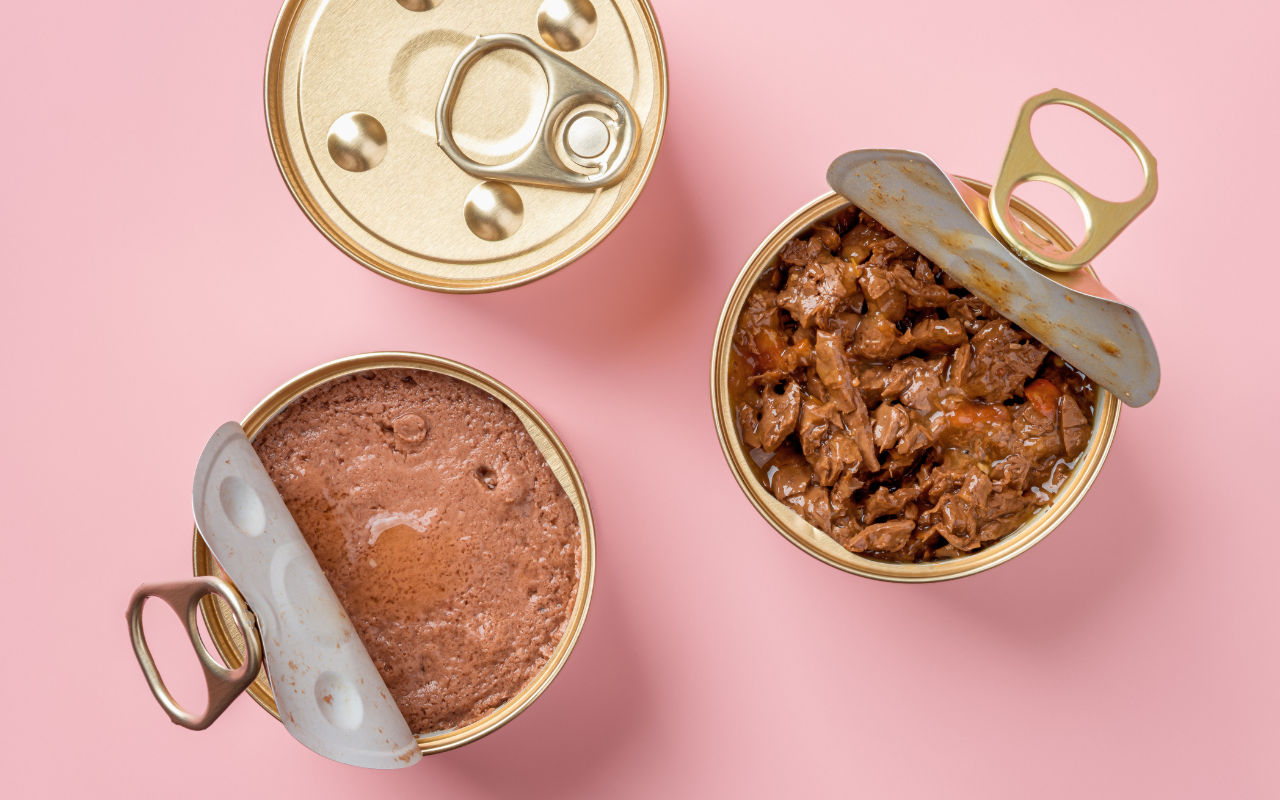Catering to Wisdom: Senior Cat Food Guide
Anúncios
As our cats naturally age, their nutritional needs change, which means we need to take extra care to ensure they stay healthy. Ensuring that older cats receive a healthy, balanced diet is important to keep them active and active. With a carefully selected feeding routine for seniors, this guide describes how to care for your cat as it ages.
Understand the Aging Process
Cats’ bodies change as they age, just like humans. Older cats often have slower metabolisms, changes in the way they absorb food, and may even develop dental problems. Getting the right nutrition to cope with these changes is important for maintaining their overall health.
Important Nutritional Needs
- Protein: Older cats need to eat more protein to maintain muscle and energy. To meet this important need, choose high-quality proteins such as lean meat, poultry, and fish.
- Available calories: Metabolism slows down as we age, so a low-calorie diet is important to prevent obesity. Look for senior cat food that helps your cat maintain a healthy weight.
- Healthy bones and joints: Older cats can develop joint problems, so adding substances like glucosamine and chondroitin sulfate can help keep their joints healthy. Getting enough calcium is also important to keep your bones strong.
- Good digestion: Feed your cat a high-fiber diet to aid digestion. This is especially important for older cats who may not be able to go to the toilet or have other stomach problems.
- Stay hydrated: Kittens and cats over 50 years old can become dehydrated. If you feed them wet food or add water to the dry food, they can drink more water. Getting enough water is important for kidney health.
Importance of Visit Your Vet Regularly
A balanced diet is important, but older cats also need regular veterinary checks. Talk to your vet about developing a nutritional plan tailored to your cat’s health needs.
Cat Food Brands Suitable for Seniors
Many trusted brands produce premium cat food formulas designed to meet the specific nutritional needs of senior cats. Some well-known options are Purina Pro Plan Prime Plus, Hill’s Science Diet Age Defying, and Royal Canin Aging 12+.
Have fun While Eating
Just as important as feeding your senior cat the right nutrition is making sure he enjoys his meals. Older cats can develop dental problems, making it difficult for them to chew dry food. You can add wet cat food or warm water to dry cat food to make it taste better and easier for your cat to eat.
Another option is to eat smaller, more frequent meals throughout the day. This can help if your older cat starts to lose his appetite and needs to eat an adequate diet. Vary the food flavors and textures until you find the food your cat likes best. This makes every meal a fun experience.
Dealing with Certain Health Problems
Some older cats may have health problems that require a change in food. For example, if your cat has kidney problems, your vet may recommend a food with a lower phosphorus content. Cats with heart problems may do better on a low-salt diet.
Always be alert for signs of pain or behavioral changes, as these could indicate deeper health problems. By tailoring your cat’s diet to its specific needs, you can have a significant impact on your cat’s health.
What do Supplements do?
In addition to a healthy diet, supplements can be very helpful for the health of older cats. Omega-3 fatty acids, for example, can help keep the skin and coat healthy. You should discuss with your vet whether supplements such as vitamins or joint support additives are suitable for your cat.
Interactive Nutritional Solutions
When your older cat eats, stimulate her mentally and physically. Puzzle feeders or other interactive toys that provide food can keep your brain busy so you don’t get bored. Not only does this help their brain health, but it also keeps them hungry.
Conclusion
There are many things you can do to care for your senior cat, but their health is the most important. By understanding your older cat’s changing needs, taking into account any health concerns that may arise, and making mealtimes fun, you can ensure your older cat gets the most out of his or her golden years.
Remember that every cat is different, so what works for one cat may not work for another. To create a care plan that takes into account your cat’s health, lifestyle, and tastes, it’s important to talk to your vet regularly. You can give your senior cat the good life he or she deserves by providing him with good food, care, and love.
FAQs
1. Why do older cats need a special diet?
As cats age, their diet, metabolism, and dental health change. These problems can be addressed with a special diet, which is generally beneficial to your health and well-being.
2. How do I choose the best food for my older cat?
Check out high-quality protein, calorie control, ingredients to help your bones and joints, and fiber to help your stomach. Discuss with your vet what your cat needs to stay healthy.
4. What health problems should older cats watch out for?
Yes, older cats can develop heart or kidney problems. Depending on a person’s health problems, changes in their diet may be recommended, such as a low-phosphorus or low-sodium diet.
4. How can I help my older cat if she has chewing problems?
Adding water or moistening dry cat food can improve the taste. It can also help to eat smaller meals more often and try different flavors.
5. Should I consider giving my older cat a supplement?
Omega-3 fatty acid supplements are beneficial for the health of your pet’s skin and coat. Talk to your vet to see if your cat needs additional vitamins.
6. What can I do to make mealtimes fun for my senior cat?
Offer them a variety of flavors and textures, and consider using puzzle feeders or interactive toys to keep their interest during mealtime. Eating smaller meals more often can also improve the experience.
malik
Publicado em: 25/12/2023





